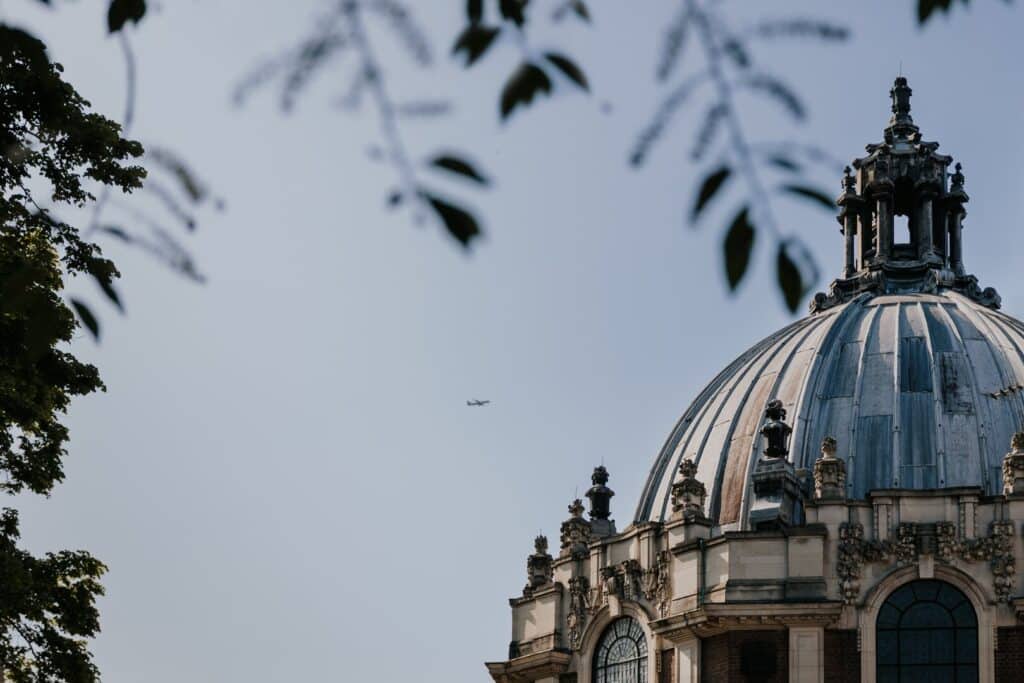Thursday 31st January
Professor Sajjad Rizvi addressed Wotton’s society, talking on the topic of ‘Human Selves and Souls in Early Modern Isalmic Philosophy’. The evening’s talk began with the question: ‘What is a self?’ This issue ties in with the ancient issue of what it means to be human. We were reminded firstly of Aristotle’s definition of a human as a ‘rational animal’. There have, however, been very few recent defences of this. One noteworthy attempt was by Alasdair MacIntyre. In general it was observed that there were many problems that this question raised. Moving back to the self, we examined several responses to our initial question. Buddhists for example believed the self was no more than the collection of our thoughts and actions. Descartes, however, emphasised his view of the metaphysical self as the soul. In modern times, we tend not to talk of the soul – we leave that to religion. In the Islamic tradition, thoughts on the soul were largely derived from either Greek or scriptural (Quranic) sources. In the former, the soul was tied into the idea of body and was the subject of much metaphysical enquiry. In scripture, the soul (or spirit) stemmed from God’s command. After examining some of the problems that have arisen from this we moved onto two arguments. Firstly we considered a suspended man who comes into being and yet lacks his senses. Could this man be certain of his own existence? Avicenna, who came up with this thought experiment, suggested the man could. Prof Rizvi suggested this argument was a precursor to Descarte's 'Cogito ergo sum'. The second argument was made by Mulla Sadra, who suggested that our soul has both pre-existed and will survive into the future. His theories did not just concern human existence but extended to include all forms of matter. He thought that even rocks had a form of consciousness, even if a very limited one. He felt that souls continue into the future, taking on other bodies through 'memory' of the previous body. The punch line, as it were, to this argument was: ‘One who is not born twice will never reach the heaven of the afterlife.’ So, we may know where we begin, but we will never know where we will end. The questions that followed led onto in-depth discussions of topics such as Buddhism, the afterlife and rocks. Professor Rizvi’s talk not only provided a fascinating insight into early modern Islamic philosophy, but also opened doors into new areas of the subject that normally remain closed for pupils at school.
Alex Bridgland (MAG)



